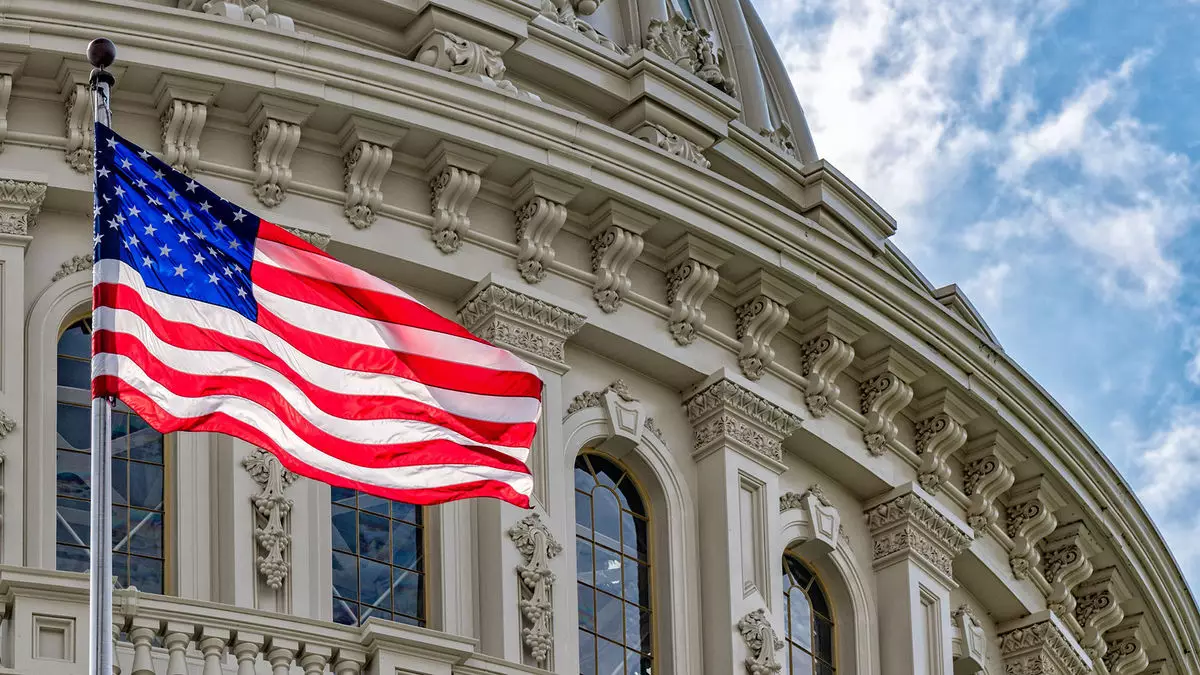The Senate has unanimously voted to extend the funding and authority of the Federal Aviation Administration (FAA) through March. This bill, which mirrors the extension bill that was previously passed in the House, is now awaiting President Biden’s signature to become law. The original plan was for Congress to complete a five-year FAA reauthorization bill by September 30, but instead, a short-term reauthorization was passed at that time, with an expiration date set for the end of the year.
If the FAA’s funding had been allowed to lapse, it would have had serious repercussions. Airport construction projects that rely on FAA grants would have been suspended, hindering infrastructure development. Additionally, the FAA would have been unable to assess taxes on passenger tickets and general aviation fuel purchases, resulting in a loss of revenue for capital improvements within the aviation system. Thankfully, this extension bill ensures that these burdensome consequences are avoided.
Delays in Long-term Authorization
The House passed its version of the long-term FAA reauthorization bill in July with bipartisan support. However, the Senate Committee on Commerce, Science, and Transportation has yet to take a vote on a long-term bill, causing delays in the process. Senator Ted Cruz, the top Republican on the transportation committee, expressed concerns about reaching agreements on numerous provisions and fears that these disputes may not be resolved until 2024. This would require starting the authorization process anew after the new Congress takes office in 2025.
The House version of the FAA reauthorization bill includes several notable measures. One of these measures is an increase in funding for aviation infrastructure improvements, a crucial investment in the modernization and expansion of our airports. Another aspect addressed is the shortage of U.S. air traffic controllers, a significant issue that needs attention to ensure the safe and efficient movement of air traffic. Additionally, the bill aims to provide new consumer protections to air travelers, promoting a better experience for passengers.
The reauthorization bill also recognizes and addresses the concerns of the American Society of Travel Advisors (ASTA), a professional organization representing travel advisors. By taking travel advisor-related issues into account, the bill seeks to create a more favorable environment for the travel industry. Lastly, the bill proposes raising the mandatory retirement age for airline pilots, a change that could have positive implications for experienced pilots who still possess the necessary skills and qualifications to continue flying.
The Senate’s unanimous vote to extend the funding and authority of the FAA through March is a significant development in ensuring the smooth operation of the aviation industry. While delays in reaching a long-term authorization are causing concerns, the House version of the bill holds promise by addressing key areas for improvement and protection. By avoiding a lapse in funding, essential airport construction projects can continue, and the FAA can maintain the necessary taxes for capital improvements. With President Biden’s imminent signature, this extension bill will soon become law, providing stability and support to the aviation sector.

